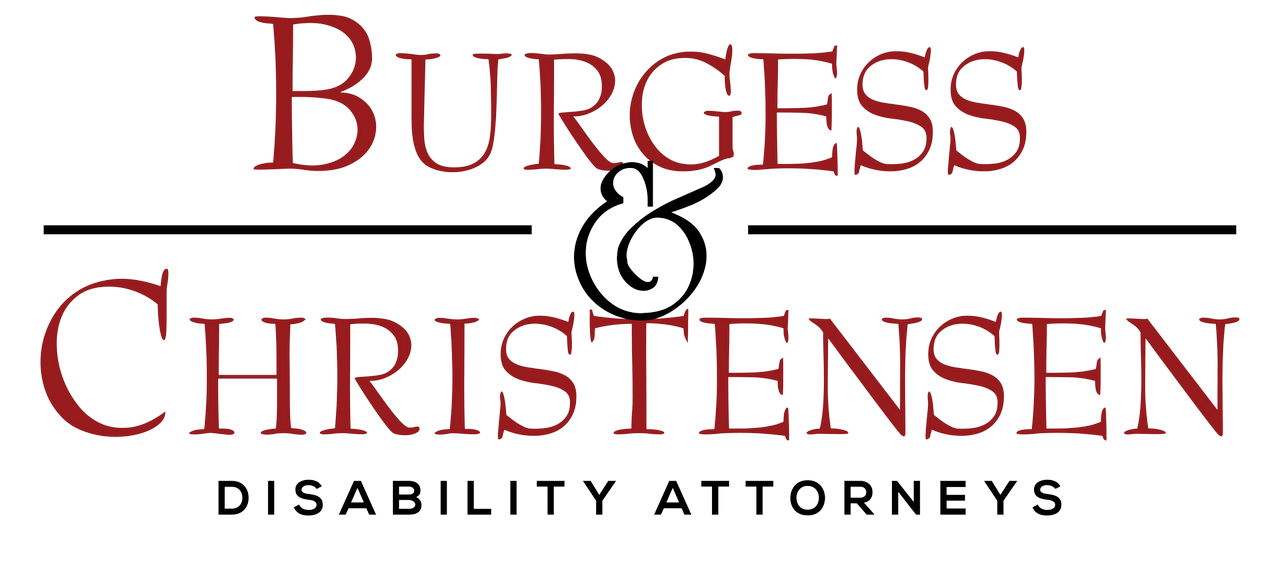The importance of evidence in an SSDI case
We're on your side
What are the four steps in the SSD appeals process?
When suffering from an illness, condition or injury that inhibits or outright prevents a Georgia resident from working, Social Security Disability Insurance (SSDI) can be a lifeline. It will help them make ends meet and get the medical care they need to try and return to health and productivity. There are many aspects of a successful disability application that should be understood from the start. As with any legal case, evidence is a fundamental part. Gathering the evidence and providing it to the Social Security Administration so a fair and accurate decision can be made is crucial.
Evidence for SSDI and how it is considered as part of the case
When an applicant provides evidence, it will include medical information. The applicant must show the SSA that he or she is impaired and that impairment is so severe that it warrants benefits. The source can be the person’s own physician and other sources who have provided care, treatment, examinations and evaluations about the medical issue. If the person was hospitalized or received emergency care, the SSA will also ask for that information.
The evidence must definitively show that the person is impaired. That evidence must be objective from an acceptable source meaning there can be no bias and the provider of evidence must be credible. The severity will be analyzed to see if the person can function and perform any work-related activities. There can be non-medical sources in this category who will give information. When the SSA cannot decide based on the evidence presented, it may ask the claimant to have a consultative examination so it can make its decision. Symptoms the person suffers from will also be considered in the context of evidence.
Common problems with evidence
Applicants should also know about frequent problems that arise with evidence in an SSDI case and do what they can to keep from making these missteps that can damage a case. The evidence must be consistent and complete. If it is not, then the SSA’s decision could be made not because the person does not have an impairment that would normally result in being deemed disabled, but because the evidence was not acceptable. Conflicting evidence, incomplete evidence, evidence from questionable sources – all can result in a denial. Some evidence has no value or is not persuasive. Given the likelihood of a case being denied, it is wise to know from the start how to accrue sufficient evidence and present it in the claim.
Organizing evidence from the start can help a case
With SSDI claims, the decision will hinge on the evidence. Whether it is a musculoskeletal disability, a respiratory disability, a cardiovascular disability, a neurological disability, a mental disorder or any other debilitating condition, evidence is needed. One of the main reasons people fail to receive benefits is due to mistakes with the application process, filing the proper forms, giving the SSA what it needs to make a fair decision and evidence failures. To make sure the evidence meets the SSA’s criteria or to fix errors that derailed a case and led to a denial, having professional help from the start is a useful step.

